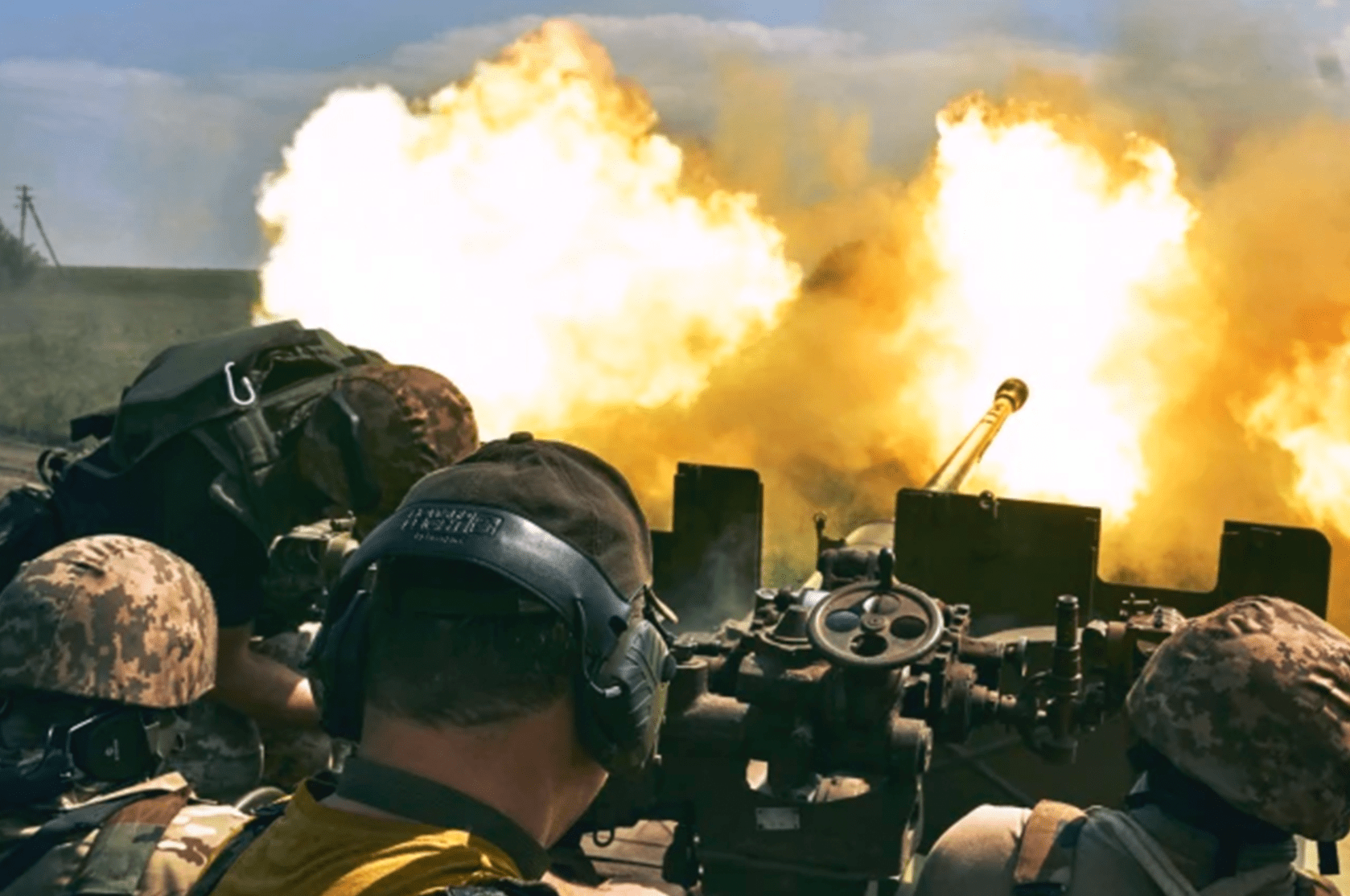This article was first published in The Washington Examiner on May 22, 2023. Click Here to read the original article.
By John Bolton
Germany’s very public agonizing over whether to provide its Leopard 2 tanks to Ukraine, or allow other states that had purchased Leopard 2s to send theirs, graphically exposed Berlin’s continued confusion about its status as a NATO member. While there is momentary relief that, at last, Chancellor Olaf Scholz’s government committed to providing the armor Ukraine requested, it did so only after President Joe Biden also agreed to send roughly a battalion of America’s Abrams tanks. While Biden’s decision was correct on its own merits, it was hardly a matter of strategy and more a matter of horse-trading to persuade Berlin’s decidedly reluctant leadership.
Amid the illusory self-congratulation following the tank decision, a pattern that has characterized much of NATO’s response to Russia’s second invasion of Ukraine, a much larger problem lurks, one that only Germany’s citizens can resolve. Their reluctance to support a military capability appropriate to their country’s economic weight is uniformly expressed through the prism of the Nazi horror and the death and destruction wreaked upon Europe and the world until Adolf Hitler’s monstrous tyranny was crushed in 1945.
Shame and penance are appropriate and necessary reactions for any country electing leaders as Germany did. But there also comes a time when outsiders can legitimately ask that Germany behave as a responsible military ally while continuing to carry those burdens. The real question is whether Germany wants to be a full NATO ally or a doughnut hole in an otherwise strong alliance. Ukraine is as good an issue as any to leverage this decision.
Germany’s general unhelpfulness on Ukraine, often allied with France, which lacks Germany’s excuse, surfaced almost 15 years ago with Germany’s rejection of former President George W. Bush’s suggestion at the April 2008 NATO summit to put Ukraine and Georgia on a fast track to join the alliance. Unfortunately, Bush’s key insight — NATO membership was the most effective deterrent to Russia — was ignored, even derided.
By torpedoing Bush’s proposal, Berlin and Paris almost certainly contributed to Moscow’s decision to invade Georgia four months later and proclaim two provinces as “independent” countries, a classic manifestation of Moscow’s stratagem of creating “frozen conflicts” in former Soviet republics. When Russia then committed aggression against Ukraine in February 2014, annexing Crimea and seizing the Donbas, NATO collectively responded with pathetic weakness, undoubtedly contributing to the Kremlin’s assessment that a second invasion in 2022 would evoke an equally limp NATO response.
The importance of NATO membership as a deterrent has now been graphically proven by the Swedish and Finnish decisions to join the alliance after Russia’s second Ukraine invasion. Abandoning the foundational neutrality premise of their post-1945 foreign policies, Stockholm and Helsinki concluded that the only guarantee of impunity against Kremlin aggression was to put a sheltering NATO border around their countries. Undoubtedly, what was happening in Ukraine reminded them of the consequences of NATO rejecting Bush’s 2008 initiative.
Since Russia’s Feb. 24, 2022, invasion, there has been one disagreement after another within NATO on what weapons systems to provide Ukraine, with Germany almost always on the reluctant side, fearful of provoking a larger war, so its officials said. So doing, however, demonstrated that the Kremlin was effectively deterring NATO and underlined NATO’s failure to deter Russia’s initial aggression. Germany’s first assistance to Ukraine was 5,000 military helmets. Then-Defense Minister Christine Lambrecht said, “The German government is agreed that we do not send lethal weapons to crisis areas because we don’t want to fuel the situation. We want to contribute in other ways.” Kyiv Mayor Vitali Klitschko called the offer a “joke,” and it remains a paradigm of the doughnut hole approach. Moreover, Germany’s 2022 defense spending was 1.44% of GDP, still well below NATO’s target.
Berlin has a new defense minister, and Leopard 2 tanks are a step up. But Germany needs to make a broader conceptual decision. Japan shows a way forward. From the 1990s, there was a quiet but profound debate among the Japanese on the question, “Is Japan a normal nation?” That debate’s outcome was reflected in now-deceased Prime Minister Shinzo Abe’s effort to amend Japan’s post-1945 pacifist constitution, imposed by Washington, and his successor Fumio Kishida’s recent announcement that Tokyo would double defense spending from 1% to 2% of GDP over five years, giving Japan the world’s third-largest military, after America and China. Japan has clearly decided it is, indeed, a normal nation.
Germany should have the same debate. In 1961, Ronald Reagan said, “Freedom is never more than one generation away from extinction. We didn’t pass it on to our children in the bloodstream.” Totalitarianism isn’t transmitted through the bloodstream any more than freedom. Nobody should forget Germany’s past, certainly not its own citizens, but neither is it ruled by that past. Germany must decide whether it is “a normal nation” and, if so, act like one.
